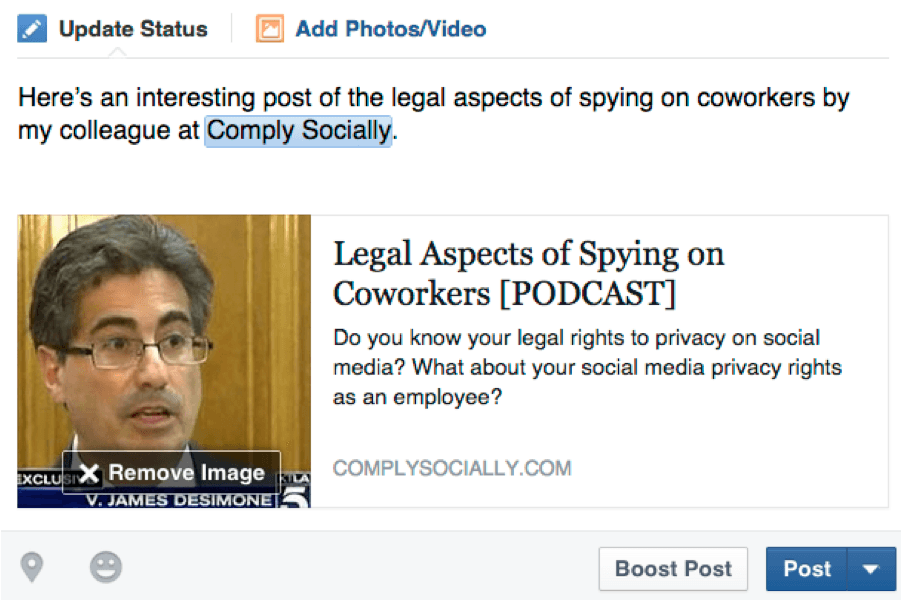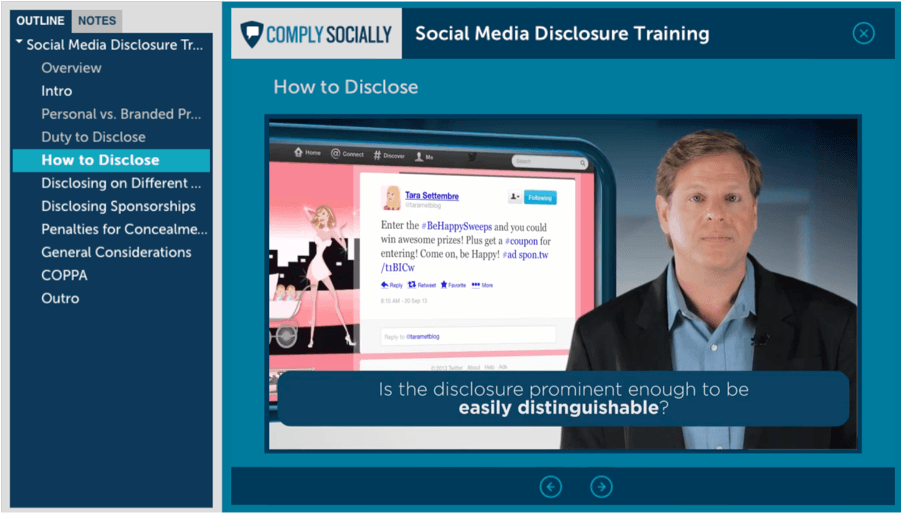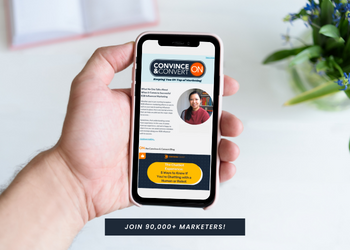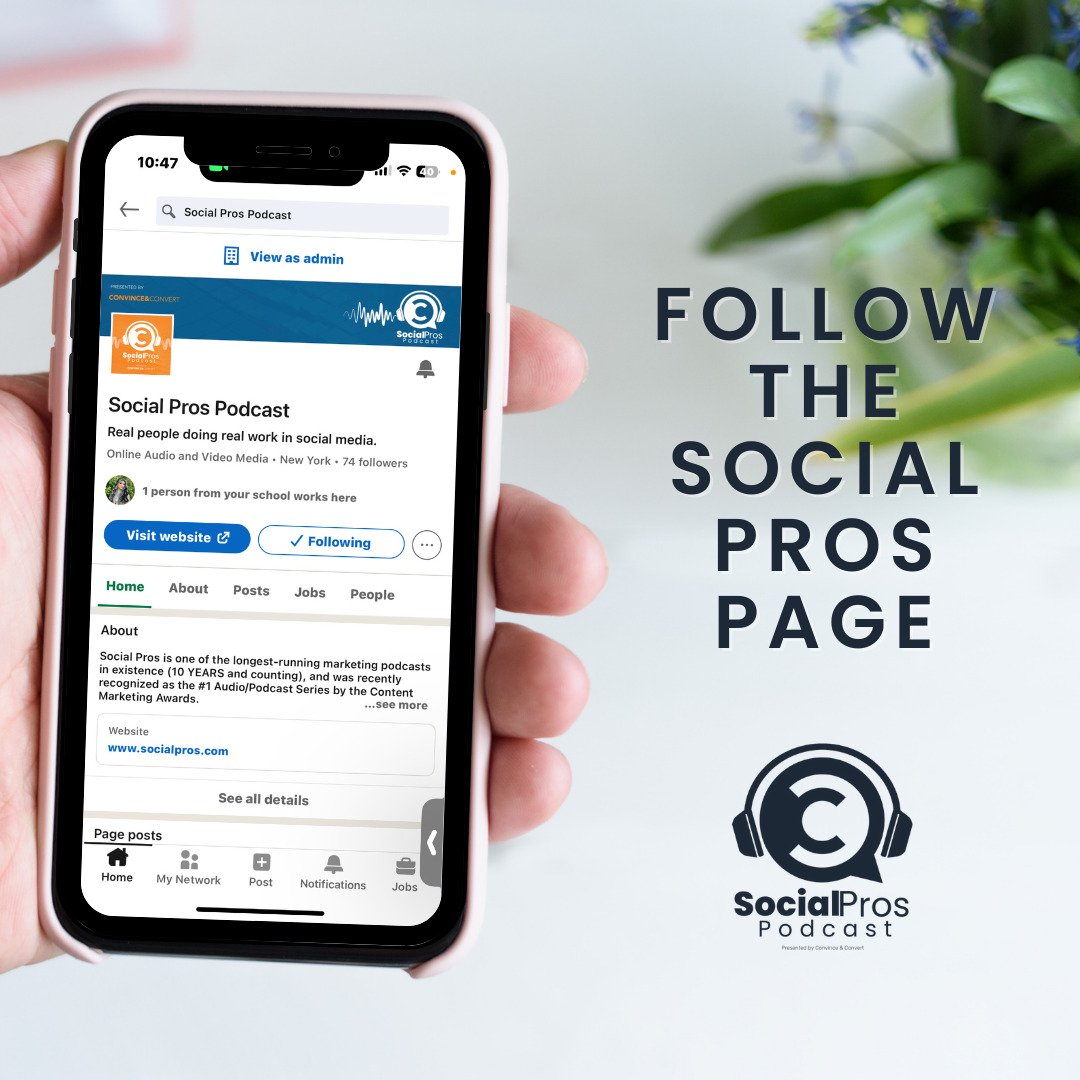
If you haven’t been including a disclosure when you tweet about your employer or clients, now would be the time to start.
Because government regulators fired the first shot across the bow last week, impacting everyone who uses Twitter for business.
This one is big.
If you’re a brand marketer, what I’m going to share could save you millions of dollars.
If you’re an agency, it could save you from bankruptcy.
And if you’re a social media practitioner, it could save you from becoming unemployable.
If you saw the news coverage, this is the post that’ll give you the useful guidance you need to stay out of trouble. But you have to really read it.
Let’s start by dispelling some myths:
It’s not unlawful to send emails company wide asking people to tweet about a product or service, contrary to what it said in Adweek. And it doesn’t mean you have to disclose by means of the hashtag #client, like Porter Novelli told staffers last week in an internal email.
You can still do both of these things without provoking an investigation, as long as follow the rules spelled out in this post.
Nearly three years after their Dotcom Disclosure Guidelines were introduced, the US Federal Trade Commission settled their first deceptive advertising investigation with Deutsch LA last week for rallying staffers to promote the release of the Sony PS Vita on their personal Twitter profiles using the hashtag #GameChanger, without including the required disclosures.
Why does the FTC care? Put yourself in the consumer’s shoes.
46% percent of consumers trust online reviews, while only 15% trust posts by companies or brands on social networks, according to a report by Forrester Research. The FTC’s disclosure requirements were created to give consumers transparency when an individual receives something of value for endorsing a brand, product or service on their blog or personal social networking profile. In this case, Deutsch LA staffers got a paycheck.
If you were perusing reviews by consumers on social media to inform a purchasing decision, wouldn’t you want to know if they were paid?
The idea is to make sure people know when a person making an endorsement is compensated. That way, organizations can’t hide paid endorsements from consumers.
But based on the flurry of confusion last week’s settlement seems to have kicked-up in the trades, let me tell you what you really need to know to avoid provoking an FTC disclosure violation investigation.
Company vs. Personal Accounts
If you’re posting on behalf of your employer on any of their official, branded social media accounts, you don’t need to make any special disclosures because it’s already clear that your posts are coming from an organization.
But, if you’re posting as yourself, from any of your own, personal social media accounts, if you promote your employer or client, you need to disclose that relationship. Even if you’re not an employee, if you receive something of value from any organization and you say nice things about on social media, you need to disclose it.
Duty to Disclose
The requirement to disclose is not based on you receiving an actual payment. It’s based on any relationship or exchange that could be seen as reasonably affecting your opinion.
Basically, if you have received anything of value from a person or organization and then you post about them on a social network, you’re required to disclose your relationship or anything of value you received.
What does the FTC consider to be something of value? Unfortunately, the FTC guidelines don’t say exactly. Their FAQ’s give a little more detail. But it probably doesn’t include freebies and giveaways you picked up at a conference or things that have little value. And it only applies to advertising, not conversations with friends and family.
By requiring you to disclose your relationship, the FTC wants to make sure people know if you’re affiliated with an organization or product you may be tweeting about. And your affiliation can be professional or personal.
So if you’re posting about how great the cupcakes you just ate are, and they’re made by the bakery where you work, or mother-in-law’s restaurant, you would need to disclose that relationship if your share about it on a social network.
Where and How to Disclose
Although the guidelines apply mostly to advertising and marketing, as social marketing morphs into social business, they’re important to anyone who uses social media for work.
And while most people seem to think hashtags are the only acceptable method of disclosure, there are plenty of other options.
What’s most important is that the disclosure be “clear and conspicuous.” To decide whether a particular disclosure is clear and conspicuous, these are the things to consider:
- Location of Disclosure – Is it close enough in proximity to the claim it’s qualifying? Disclosure can’t be made on the profile page of the social networking account because they aren’t close enough in proximity to the actual post they disclaim. To be compliant with the FTC disclosure guidelines, your disclosure need to be in the body of the status update or tweet they qualify.
- Prominence of Disclosure – Disclosures should be prominent enough to be easily distinguishable. Having to scroll to the end to find the disclosure is not good enough. They also discourage using a link to a disclosure instead of including the disclosure in the actual post, but also say this method may be acceptable if it’s easy to get to and it’s clear what the link is. The FTC doesn’t say how they determine what’s easy to get to, but page load speed and how easy it is to find the disclosure are both likely to be factors. These rules apply to computers and mobile devices alike.
- Disclosures Must be Unavoidable – If you have to mouse over a link for the disclosure to pop-up, that wouldn’t be considered clear and conspicuous.
- Disclosures Must Match the Format of the Claim – The format of disclosure must be the same as the format of the claim. Disclosures are required in audio, video, photographs and graphics just like they are in the printed word with the same condition that they are clear, close to the endorsement, and easy to see. For example, if a podcast requires a disclosure, that disclosure should appear in the podcast itself, and not just in the show notes or meta data. Plus, disclosures need to be long enough in duration to be comprehensible, which means no faster than the disclaimers in the end of prescription drug ads.
Disclosures on Different Social Networks
The FTC has made it clear that you must disclose regardless of where you are posting on a personal social media profile. You’re only exempt if your posting to your organization’s account, and that account would need to use your organization’s logo as its profile picture.
Here’s how to disclose on different social networks:
Since you have limited space, it can be tricky to say something and disclose your affiliation, especially since the disclosure has to be clear and conspicuous. Abbreviated hashtags like #spons are one way to go. The FTC has said outright that #ad or #sponsored are acceptable. But explaining an event or relationship in parenthesis also works.
Since I work at Comply Socially and am promoting my employer on my personal twitter account, I could tweet:
 It also works to say:
It also works to say:
 If you’re an agency promoting a client, you could tweet:
If you’re an agency promoting a client, you could tweet:

You can also disclose in the body of the actual text, like this:

Facebook and Google+
Facebook and Google+ are easier because you have more space. But the important thing is to make it clear and place any disclosure close to the endorsement. Like this:

If you are commenting on a post and it relates to your company or client, you should disclose it. If you write a post and your disclosure is in the article, you probably don’t need to disclose in a Facebook status update as well.
If you have absolutely no affiliation with the author or creator, you aren’t obliged to disclose.
Pinterest, Vine, and Instagram
These are all video or photo sharing platforms with limited time and space. So, at a minimum, make sure you use #Ad or #Sponsored either within the image or as part of the attached caption.
If you want to live up to letter of the law, make sure the disclosure is the same format as the share.
If you are promoting your company, you could add something like, “I love my job!” just to make it clear that you work there.
If you’re still reading this post, now comes the hardest part.
As social media matures into a communication channel for employees outside of marketing and PR like sales and customer service, the real challenge is making sure everyone understands their compliance obligations.
You also need a record of who’s been trained, so if regulators scrutinize your actions, you have proof.
For this, you need a social media policy, social media training and an auditable social media certification program. Our clients make access to social networks in the workplace contingent on certification.
Unfortunately, you’re not going to get everyone to read this blog post.
Our new Social Media Disclosure and Transparency certification training program – comprised of 11 short, live-action, HD video tutorials with multiple choice assessments – is an easy, cost-effective way to make sure everyone knows what’s expected.

The Social Media Disclosure and Transparency course can be purchased as a single class, as part of a four-course Social Media Risk & Compliance Bundle.

